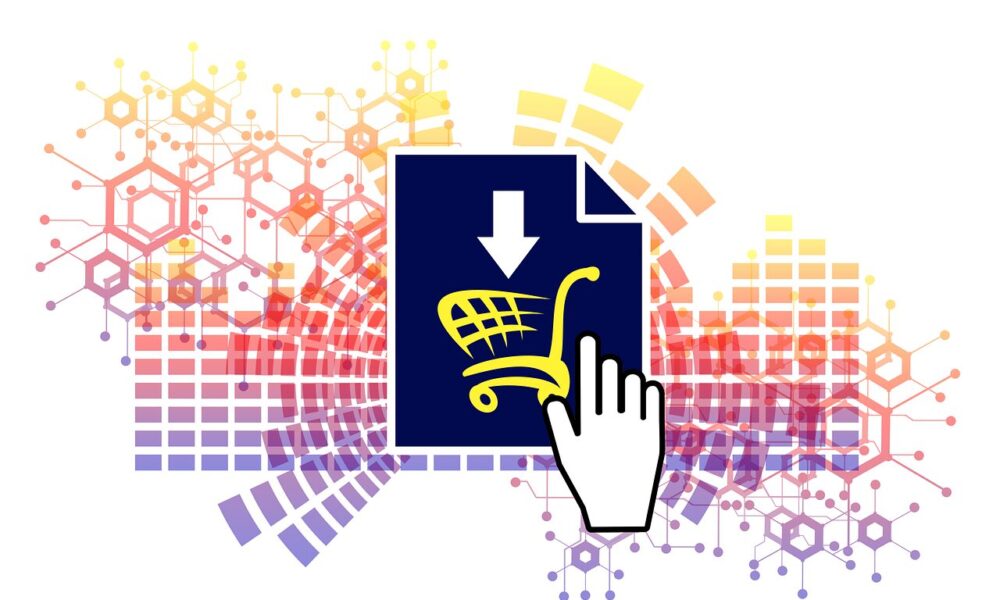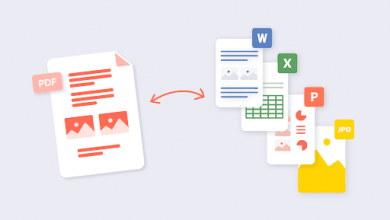How AI is Reshaping Consumer Shopping Behavior: The New Era of Intelligent Commerce

The retail landscape is experiencing its most dramatic transformation since the advent of e-commerce, driven by the rapid integration of artificial intelligence across every aspect of the shopping experience. As we navigate through 2025, consumer shopping behavior is undergoing its most dramatic shift since the rise of ecommerce — and it’s because of AI, fundamentally altering how consumers discover, evaluate, and purchase products.
The AI-Powered Shopping Revolution
Recent research reveals the unprecedented scale of AI adoption in consumer shopping. Nearly 60% of consumers say they’ve used AI to help them shop, while 39% of consumers — and over half of Gen Z — are already using AI for product discovery. This shift represents more than just a technological trend; it signals a fundamental change in consumer expectations and behavior patterns.
The transformation is particularly pronounced among younger demographics, with two-thirds of millennials and Gen Z turning to tools like ChatGPT for product recommendations. This generational divide highlights the emerging preference for AI-driven guidance over traditional search methods and human recommendations.
From Search to Solution: The New Discovery Paradigm
Traditional online shopping involved browsing multiple websites, comparing options, and making decisions after extensive research. Today’s AI-powered shopping experience operates differently, focusing on solution-oriented recommendations rather than keyword-based searches. The challenge is ensuring products show up effectively when consumers turn to AI tools for recommendations. This requires a fundamental shift in content strategy, moving from keyword optimization to solution-oriented product descriptions.
Industry experts are observing significant changes in how consumers approach deals and promotions in this AI-driven environment. “The integration of AI in shopping platforms has completely transformed how consumers discover and evaluate deals,” notes Raye Wells, co-founder of RoarTheDeal.com. “Smart algorithms now understand user preferences and shopping patterns, enabling retailers to present personalized promotional offers that truly resonate with individual consumers.”
The personalization capabilities of AI extend far beyond simple product recommendations. AI distills insights from past customer behavior data — such as searches, clicks, and purchases — by feeding it into data-filtering tools, which use algorithms to recommend the most relevant items. This sophisticated analysis enables retailers to deliver what consumers want before they even know they want it.
The Trust Factor in AI-Driven Commerce
Consumer trust in AI recommendations varies significantly depending on the type of purchase. People trust AI more for practical purchases but still prefer human input when shopping for more emotional or hedonic products. This distinction is crucial for retailers and platforms as they design AI-powered shopping experiences.
The data reveals fascinating insights about consumer confidence in AI guidance. Almost half trust AI more than a friend when it comes to choosing what to wear, demonstrating the growing acceptance of AI as a style advisor. However, businesses must be careful not to over-automate, as people like speed and ease, but they still expect a human touch when things get complicated.
Chris Wells, digital commerce analyst at Mine My Deal.com, emphasizes the importance of balancing automation with human elements: “While AI excels at processing vast amounts of data to identify the best deals and discounts, the most successful platforms maintain that crucial human element in customer service and complex decision-making processes. Consumers want efficiency, but they also want to feel confident that there’s human oversight when they need it.”
Economic Impact and Market Dynamics
The economic implications of AI adoption in retail are substantial. By 2032, the ecommerce AI market is expected to reach $45.72 billion, while 84% of ecommerce businesses place AI as their top priority. The return on investment is equally impressive, with AI for ecommerce delivering more than a 25% improvement in customer satisfaction, revenue, or cost reduction.
These improvements directly address one of retail’s biggest challenges: cart abandonment. Globally, the average shopping cart abandonment rate is 70.19%, but AI-powered solutions are helping retailers reduce this figure through smarter search capabilities and more relevant product recommendations.
The broader consumer behavior patterns show that consumers have become more price aware and deal oriented, and they evaluate trade-offs in broader ways than they did in the past. This heightened price sensitivity makes AI-driven deal discovery and comparison tools increasingly valuable for both consumers and retailers.
The Future of Promotional Strategies
As AI continues to reshape shopping behavior, promotional strategies must evolve accordingly. Discount and wholesale channels continue to attract consumers across age groups and income levels, indicating that deal-seeking behavior remains strong despite technological advances.
Matt Laxami, consumer behavior specialist at Squealmydeal, observes: “The AI revolution has actually intensified consumers’ appetite for smart deals and promotions. Today’s shoppers don’t just want discounts; they want personalized deals that AI can identify based on their shopping history and preferences. The platforms that succeed are those that can combine comprehensive deal aggregation with intelligent recommendation systems.”
The sophistication of modern promotional strategies reflects broader technological convergence trends. The report also highlights a growing trend of technology convergence, where AI systems integrate with various other technologies to create more comprehensive shopping solutions.
Challenges and Considerations
Despite the promising developments, several challenges remain. 43% of consumers remain concerned about privacy or security weaknesses when it comes to AI, highlighting the need for transparent data practices and robust security measures.
The generational divide in AI acceptance also presents challenges for retailers. The push for legislation around AI is strongest among older consumers: 85% of shoppers aged 50+ support laws to control AI companies collecting data, versus 74% of those aged 18-30. This divergence requires retailers to develop strategies that accommodate different comfort levels with AI technology.
Additionally, there’s also a risk of creating a “black box” experience — where it’s unclear why a product was recommended or what’s happening behind the scenes. Transparency in AI decision-making processes will be crucial for maintaining consumer trust.
Looking Ahead: The Continuous Evolution
As we progress through 2025, the integration of AI in shopping will only deepen. After analyzing more than 60 trends, we believe that the following trends will see an inflection point in 2025: Generative AI, AI & Gen AI in Cybersecurity, AI-Driven Robotics, AI-Driven Nuclear Resurgence, and New-Generation Supply Chain.
The future promises even more sophisticated AI capabilities, with ongoing advancements in personalization, inventory management, customer engagement, dynamic pricing and security. Retailers who embrace these technologies early will be better positioned to meet evolving consumer expectations and maintain competitive advantages.
Retail businesses that adopt AI technologies will be better positioned to meet the evolving needs of consumers and stay ahead of the competition. The companies that thrive will be those that can seamlessly blend AI efficiency with human insight, creating shopping experiences that are both intelligent and authentically engaging.
The transformation of consumer shopping behavior through AI represents more than a technological upgrade—it’s a fundamental shift toward a more intuitive, personalized, and efficient commerce ecosystem. As this evolution continues, the winners will be those who can harness AI’s power while maintaining the human elements that consumers still value in their shopping journeys.

Source: How AI is Reshaping Consumer Shopping Behavior: The New Era of Intelligent Commerce




